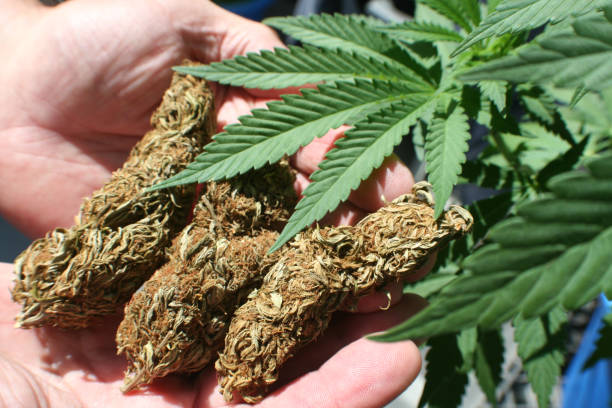
Changes in taxation and regulation of cannabis products
Posted by on 2024-07-05
In recent years, the landscape of cannabis regulation and taxation has undergone significant changes. With the increasing acceptance and legalization of cannabis products in many parts of the world, governments are faced with the challenge of developing effective policies to regulate and tax this burgeoning industry.
One of the most notable changes in taxation and regulation of cannabis products is the shift from prohibition to legalization. This shift has led to a paradigm change in how governments view cannabis, from a controlled substance to a potential source of revenue. As a result, many jurisdictions have implemented new tax schemes specifically for cannabis products, such as excise taxes or sales taxes.
Another important change is the establishment of regulatory frameworks to ensure that cannabis products meet certain quality standards and consumer safety requirements. This includes regulations on packaging, labeling, testing, and advertising of cannabis products. These regulations aim to protect consumers from harmful substances and misleading information while also creating a level playing field for businesses operating in the industry.
Furthermore, changes in taxation and regulation have also impacted the criminal justice system by reducing arrests and convictions for non-violent drug offenses related to cannabis. By legalizing and regulating cannabis products, governments can redirect resources towards more pressing issues while also generating revenue through licensing fees and taxes.
However, challenges still remain in finding the right balance between maximizing revenue through taxation and ensuring affordable access for medical patients or low-income consumers. High taxes on cannabis products can drive consumers towards black market alternatives or hinder small businesses from entering the legal market.
In conclusion, changes in taxation and regulation of cannabis products reflect broader shifts in societal attitudes towards marijuana use. Governments must continue to adapt their policies to address public health concerns while also promoting economic growth within this rapidly expanding industry. By striking a balance between taxation, regulation, and accessibility, policymakers can create a sustainable framework that benefits both consumers and businesses alike.
One of the most notable changes in taxation and regulation of cannabis products is the shift from prohibition to legalization. This shift has led to a paradigm change in how governments view cannabis, from a controlled substance to a potential source of revenue. As a result, many jurisdictions have implemented new tax schemes specifically for cannabis products, such as excise taxes or sales taxes.
Another important change is the establishment of regulatory frameworks to ensure that cannabis products meet certain quality standards and consumer safety requirements. This includes regulations on packaging, labeling, testing, and advertising of cannabis products. These regulations aim to protect consumers from harmful substances and misleading information while also creating a level playing field for businesses operating in the industry.
Furthermore, changes in taxation and regulation have also impacted the criminal justice system by reducing arrests and convictions for non-violent drug offenses related to cannabis. By legalizing and regulating cannabis products, governments can redirect resources towards more pressing issues while also generating revenue through licensing fees and taxes.
However, challenges still remain in finding the right balance between maximizing revenue through taxation and ensuring affordable access for medical patients or low-income consumers. High taxes on cannabis products can drive consumers towards black market alternatives or hinder small businesses from entering the legal market.
In conclusion, changes in taxation and regulation of cannabis products reflect broader shifts in societal attitudes towards marijuana use. Governments must continue to adapt their policies to address public health concerns while also promoting economic growth within this rapidly expanding industry. By striking a balance between taxation, regulation, and accessibility, policymakers can create a sustainable framework that benefits both consumers and businesses alike.